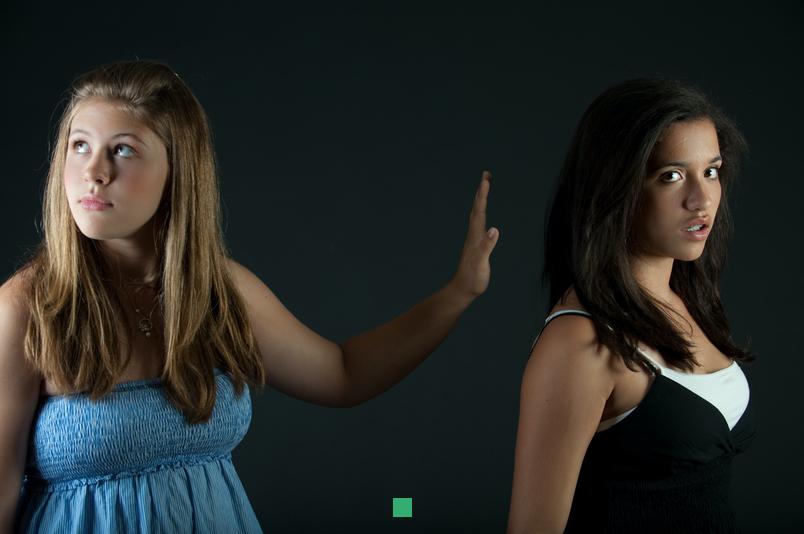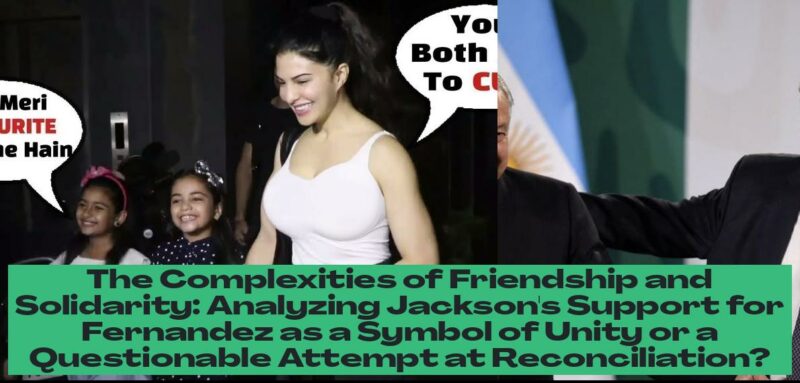Jackson’s Show of Fernandez Friendship: A Gesture of Solidarity or a Misguided Attempt at Reconciliation?

The world of professional football is often a microcosm of society, reflecting its complexities and contradictions. In recent days, a seemingly innocuous Instagram post by Chelsea forward Nicolas Jackson has sparked debate and controversy, highlighting the delicate balance between friendship, solidarity, and societal responsibility. The post, featuring a video of his teammate Enzo Fernandez playing with a young black child in a Chelsea shirt, alongside emojis and a photo of the two alongside Marc Cucurella, was seemingly intended as a gesture of support for Fernandez, who is facing disciplinary action after posting a video of himself singing a chant deemed racist and discriminatory by many.
Jackson’s post, with its seemingly innocuous message of camaraderie and inclusivity, has been met with mixed reactions. Some have lauded the Senegalese striker for his show of support for his teammate, interpreting it as a gesture of unity in the face of adversity, a demonstration of friendship that transcends cultural and racial boundaries. Others, however, have been more critical, questioning the effectiveness and appropriateness of such a gesture. They argue that while Jackson’s intentions may have been good, his post ultimately serves as a distraction from the seriousness of Fernandez’s actions and the need for accountability. The post, they argue, risks trivializing the issue of racism and undermining the efforts to combat it.
The controversy surrounding Jackson’s post brings to the forefront the complex dynamics of race and friendship in football and beyond. It raises questions about the role of athletes in addressing social issues, the responsibility of individuals to challenge discriminatory behavior, and the potential for well-intentioned gestures to be misconstrued or misinterpreted. While Jackson’s post may have been intended as a show of solidarity with his friend, it has inadvertently sparked a conversation about the complexities of navigating race and friendship in a world where discrimination and prejudice still persist.
- Jackson’s Instagram post featuring Enzo Fernandez sparked debate on the balance between friendship, solidarity, and societal responsibility.
- Some praised Jackson for showing support for his teammate as a gesture of unity, while others criticized it as potentially trivializing the issue of racism.
- The controversy highlights the complex dynamics of race and friendship in football and society, raising questions about athletes’ roles in addressing social issues.
- Jackson’s post inadvertently initiated a conversation about navigating race and friendship in a world still grappling with discrimination and prejudice.
The Complexities of Friendship and Solidarity in the Face of Controversy
The situation involving Jackson, Fernandez, and the controversial video highlights the complexities of friendship and solidarity in the face of controversy. On one hand, it is understandable why Jackson, as a friend of Fernandez, might feel compelled to show support, particularly when his teammate is facing public scrutiny and potential disciplinary action. Friendship, after all, often involves standing by one another, offering support, and showing compassion even when mistakes are made. However, the context surrounding Fernandez’s actions adds a layer of complexity. His video, featuring a chant that many have deemed racist and discriminatory, has rightfully sparked outrage and calls for accountability. In this context, Jackson’s gesture of support, while well-intentioned, risks being interpreted as condoning or minimizing Fernandez’s actions.
The dilemma faced by Jackson is not unique. Athletes, like all individuals, are often caught in a web of personal relationships and societal expectations. They are expected to be role models, to uphold values of inclusivity and respect, yet they are also human beings with individual relationships and loyalties. When faced with situations like the one involving Fernandez, athletes are often forced to navigate a tightrope between personal loyalty and social responsibility. Their actions, even seemingly innocuous ones, are subject to intense scrutiny and can have far-reaching consequences. This pressure can make it difficult for them to make decisions that are both personally fulfilling and socially responsible.
The Jackson-Fernandez situation also underscores the importance of context and nuance in interpreting actions and intentions. While Jackson’s post may have been intended as a simple gesture of friendship, the broader context surrounding Fernandez’s actions has given it a different meaning for many. Social media, with its instantaneity and the potential for viral amplification, often lacks the nuance and context necessary for understanding complex situations. This can lead to misinterpretations and exacerbate tensions, turning seemingly innocuous actions into flashpoints of controversy.
Navigating the Tightrope Between Friendship and Responsibility

The controversy surrounding Jackson’s post raises important questions about the role of athletes in addressing social issues. While athletes are often expected to be role models and to use their platforms to promote positive change, the line between personal responsibility and social activism can be blurry. Athletes are often caught in a crossfire, facing pressure to speak out against injustice while also navigating the complexities of their personal relationships and the potential consequences of their actions. The Jackson-Fernandez situation exemplifies this dilemma, highlighting the challenging task of balancing friendship and responsibility in a world where social media can amplify actions and intentions, often in ways that are unintended or unexpected.
The controversy surrounding Jackson’s post also highlights the importance of understanding the nuances of race and friendship. While Jackson’s gesture may have been intended as a show of solidarity with his teammate, it has inadvertently sparked a conversation about the complexities of navigating race and friendship in a world where discrimination and prejudice still persist. The post has exposed the potential for well-intentioned gestures to be misconstrued or misinterpreted, underscoring the need for empathy, understanding, and open communication when navigating these sensitive topics.
The Jackson-Fernandez case is a timely reminder that even seemingly innocuous actions can have significant implications, especially in the context of social media and the amplified narratives that can emerge from online platforms. It is crucial for athletes and individuals alike to be mindful of the potential impact of their actions, to strive for empathy and understanding, and to engage in dialogue that promotes respect and inclusivity. The world of football, like society at large, is a complex tapestry of relationships, identities, and perspectives. Navigating this tapestry requires careful consideration, sensitivity, and a commitment to understanding and respecting the diverse experiences and perspectives that make up our shared humanity.
The Power of Dialogue, Empathy, and Understanding
In conclusion, the controversy surrounding Jackson’s show of friendship for Fernandez highlights the complex and often challenging nature of navigating friendship and responsibility in the face of controversy. While Jackson’s gesture may have been intended as a simple act of camaraderie, it has inadvertently sparked a broader conversation about the roles and responsibilities of athletes in addressing social issues, the complexities of race and friendship, and the power of dialogue, empathy, and understanding in navigating these sensitive topics. The situation serves as a reminder that even seemingly innocuous actions can have significant implications, especially in the age of social media, where narratives can be amplified and misconstrued. It is crucial for individuals, especially those in positions of influence, to be mindful of the potential impact of their actions, to strive for empathy and understanding, and to engage in dialogue that promotes respect and inclusivity. By fostering a culture of open communication, empathy, and critical reflection, we can move towards a world where friendship, solidarity, and social responsibility can coexist, creating a more just and equitable society for all.









